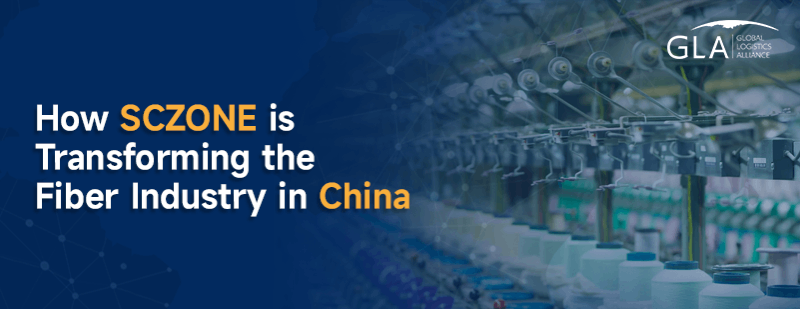Time:2024-01-02 Publisher:Kevin Num:6370

The Suez Canal Economic Zone (SCZONE) stands as a key player in fostering economic relations, and recent developments have seen a significant impact on the Chinese textile and apparel sector. This article delves into the transformative collaboration between SCZONE and Chinese companies, highlighting key initiatives and investments.
SCZONE Chairman El-Dien has underscored the importance of robust economic relations with Chinese investors. The emphasis on fostering strong ties is not merely a diplomatic gesture but a strategic move to bolster economic growth for both entities. The collaboration is seen as a win-win situation, strengthening the economic fabric between SCZONE and its Chinese counterparts.
A pivotal moment in this collaboration was the SCZONE President's visit to Hangzhou in Shanghai. The meetings with investors and business owners in the textile and ready-made garment sector were crucial in forging new opportunities. The collaborative efforts showcased a commitment to exploring and expanding the horizons of economic cooperation.
SCZONE has successfully attracted substantial investments from key Chinese players. Shanghai Shengda Company's $28.5 million investment in the West Qantara Industrial Zone marks a significant stride. Additionally, the $70 million project with Hengsheng Dying Zhejiang Company, the $5 million investments by Shaoxing Yuding Textile Company, and Shengzhou Captain Industrial & Trading's $5 million investment signify a robust influx of funds into the textile and apparel sector. Indochine Holdings Pty's $21.3 million investment further cements the collaborative spirit.
SCZONE Chairman El-Dien emphasises the importance of these projects, amounting to over $100 million in investments. The projects not only contribute to economic growth but also signify the mutual trust and shared visions between SCZONE and Chinese investors. This collaboration is poised to set new standards for industrial projects in the region.
These projects align seamlessly with SCZONE's vision of localising targeted industrial sectors. The impact is not only confined to economic growth but also extends to opening new horizons for Chinese investments in the Middle East. The focus on clothing and textile industries amplifies the transformative potential, creating a ripple effect across the broader economic landscape.
In conclusion, the collaborative efforts between SCZONE and Chinese textile companies are reshaping the fibre industry in China. The key projects and investments underscore the transformative impact on the industry and, by extension, the economic development in the region. As SCZONE continues to foster strong economic ties, the collaborative ventures serve as a beacon for future partnerships, promising sustained growth and development for both parties involved.



